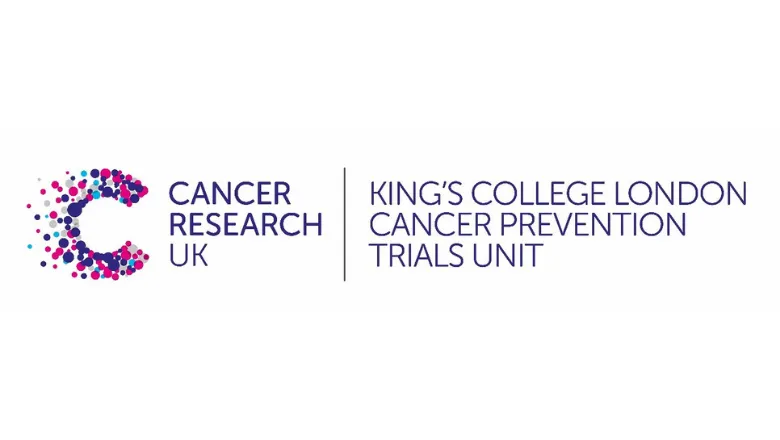30 January 2019
School to host UK's only Cancer Prevention Trials Unit
The School Cancer & Pharmaceutical Sciences has been successful in a bid for the Cancer Research UK Cancer Prevention Trials Unit and will receive £2.1 million in funding over 4.5 years from April 2019.

The Cancer Prevention Trials Unit (CPTU) specialises in cancer screening, prevention trials, the long-term follow-up of people who have participated in clinical trials and actively manages its portfolio of trials to ensure that they are addressing the most important clinical questions are conducted. One of its key objectives is to facilitate high quality clinical trial research and producing evidence-based interventions to prevent a wide range of cancers.
CPTU is the only trials unit in the UK with particular expertise in cancer prevention and screening since it was first funded by CRUK in 2006. Professor Peter Sasieni, within the School of Cancer & Pharmaceutical Sciences has been the Director of CPTU since it started and moved to King’s as the Director of King’s Clinical Trials Unit and Professor of Cancer Prevention in November 2017.

Pictured is Professor Peter Sasieni, the Leader of Cancer Prevention Trials Unit.
Professor Peter Sasieni commented:
‘We aim to ensure that we gain as much research evidence as possible from individuals participating in our trials by collecting tissue samples and combining qualitative research studies where appropriate. In order to stimulate the field, we hold workshops to discuss potential new trials in particular clinical areas’.
CPTU has designed and managed international randomised controlled trials in areas such as:
- Medicinal prevention: using well tolerated drugs, taken over a number of years to reduce the risk of cancer in people at high risk of developing cancer
- Exercise training in people with early stage cancer to prevent progression
- Using a novel device to screen for Barrett’s oesophagus
- Increasing cervical screening uptake through the offer of self-sampling
- Facilitating smoking cessation by comparing electronic cigarettes to conventional forms of nicotine replacement
